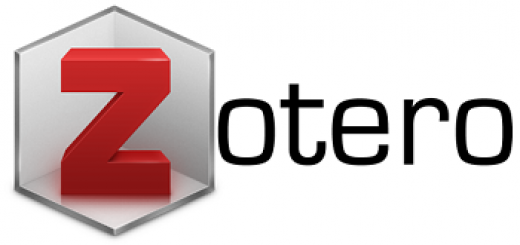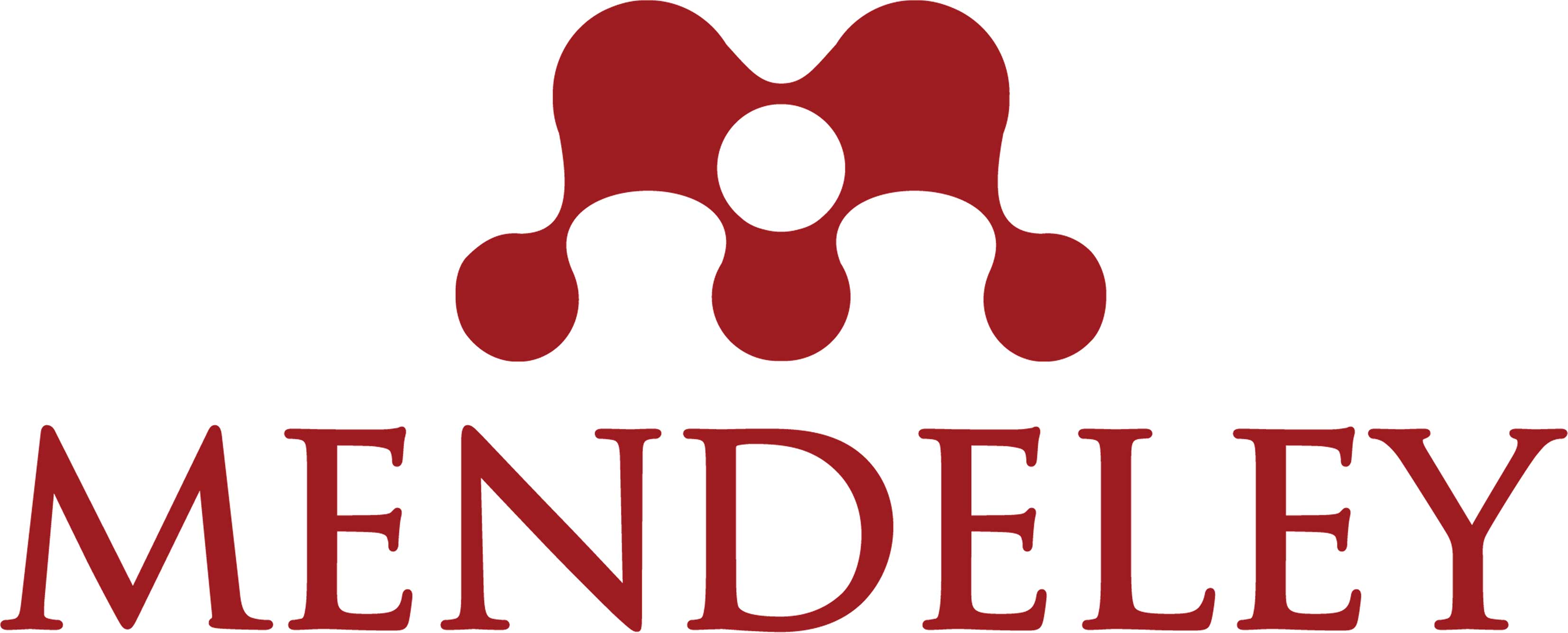Pengaruh Model PjBL Pergelaran Seni terhadap Kompetensi Sosial Emosional Siswa
DOI:
https://doi.org/10.17977/um064v4i42024p384-390Keywords:
PjBL, kompetensi sosial emosional, SMAN 8 Malang, seni budayaAbstract
Meskipun Project-based Learning (PjBL) telah diakui sebagai pendekatan pembelajaran yang efektif dan inovatif, penekanan terhadap pengembangan kompetensi sosial emosional siswa masih sering kurang mendapat perhatian dari para guru. Hal ini disebabkan oleh fokus utama guru yang lebih banyak tertuju pada pencapaian akademik dan hasil pembelajaran yang terukur secara kognitif. Namun, kompetensi sosial emosional sangat penting dalam mendukung perkembangan holistik siswa, termasuk kemampuan mereka dalam berinteraksi, berempati, mengelola emosi, dan bekerja sama dalam tim. Oleh karena itu, penelitian ini bertujuan untuk mengungkap pengaruh model PjBL terhadap pengembangan kompetensi sosial emosional siswa. Metode penelitian yang digunakan adalah deskriptif kualitatif, melibatkan siswa kelas XII di SMAN 8 Malang selama dua semester dalam proses pergelaran seni budaya. Melalui observasi, wawancara, dan analisis dokumen, penelitian ini menemukan bahwa penerapan PjBL berdampak positif terhadap pengembangan keterampilan sosial emosional sebagian besar siswa. Mereka menunjukkan peningkatan dalam kemampuan komunikasi, kerjasama, dan pengelolaan emosi. Implikasinya, pembelajaran berbasis projek dapat menjadi sarana yang efektif tidak hanya dalam mencapai tujuan akademik, tetapi juga dalam mengembangkan kompetensi sosial emosional siswa, yang sangat penting untuk kesuksesan mereka di masa depan. Dengan demikian, guru perlu lebih menyadari pentingnya integrasi aspek sosial emosional dalam proses pembelajaran, sehingga dapat menciptakan lingkungan belajar yang lebih holistik dan mendukung perkembangan siswa secara menyeluruh.
References
Ahmed, I., Hamzah, A. B., & Abdullah, M. N. L. Y. B. (2020). Effect of social and emotional learning approach on students’ social-emotional competence. International Journal of Instruction, 13(4), 663–676. https://doi.org/10.29333/iji.2020.13441a
Axelrod, J. (2010). Collaborative for Academic, Social and Emotional Learning (CASEL). In C. S. Clauss-Ehlers (Ed.), Encyclopedia of Cross-Cultural School Psychology (pp. 232–233). Springer US. https://doi.org/10.1007/978-0-387-71799-9_77
Brackett, M. A., Rivers, S. E., Reyes, M. R., & Salovey, P. (2011). Enhancing academic performance and social and emotional competence with the RULER feeling words curriculum. Learning and Individual Differences, 21(3), 218-224.
Brush, K. E., Jones, S. M., Bailey, R., Nelson, B., Raisch, N., & Meland, E. (2022). Social and Emotional Learning: From Conceptualization to Practical Application in a Global Context. In J. DeJaeghere & E. Murphy-Graham (Eds.), Life Skills Education for Youth: Critical Perspectives (pp. 43–71). Springer International Publishing. https://doi.org/10.1007/978-3-030-85214-6_3
CASEL. (2020). Collaborative for Academic, Social, and Emotional Learning. [Online]. Available: https://casel.org/
Chen, S.-K., Yang, Y.-T. C., Lin, C., & Lin, S. S. J. (2023). Dispositions of 21st-Century Skills in STEM Programs and Their Changes over Time. International Journal of Science and Mathematics Education, 21(4), 1363–1380. https://doi.org/10.1007/s10763-022-10288-0
Creswell, J. W., & Poth, C. N. (2018). Qualitative Inquiry and Research Design: Choosing Among Five Approaches. SAGE Publications.
Elias, M. J., Zins, J. E., Weissberg, R. P., Frey, K. S., Greenberg, M. T., Haynes, N. M., ... & Shriver, T. P. (1997). Promoting Social and Emotional Learning: Guidelines for Educators. Alexandria, VA: ASCD.
Ferrero, M., Vadillo, M. A., & León, S. P. (2021). Is project-based learning effective among kindergarten and elementary students? A systematic review. PLOS ONE, 16(4), e0249627. https://doi.org/10.1371/journal.pone.0249627
Garner, P. W., & Legette, K. B. (2023). Teachers’ Social Emotional Learning Competencies and Social Justice Teaching Beliefs and Associations with Children’s Prosocial Behavior and Community Engagement. Child & Youth Care Forum. https://doi.org/10.1007/s10566-023-09784-3
González-Zamar, M. D., & Abad-Segura, E. (2021). Impact of a cooperative learning program on the emotional and social competences of primary school students. Sustainability, 13(5), 2694.
González-Zamar, M.-D., & Abad-Segura, E. (2021). Emotional Creativity in Art Education: An Exploratory Analysis and Research Trends. International Journal of Environmental Research and Public Health, 18(12). https://doi.org/10.3390/ijerph18126209
Graziano, P. A., Reavis, R. D., Keane, S. P., & Calkins, S. D. (2007). The role of emotion regulation in children's early academic success. Journal of School Psychology, 45(1), 3-19.
Jones, S. M., & Bouffard, S. M. (2012). Social and Emotional Learning in Schools: From Programs to Strategies. Social Policy Report, 26(4), 1-33.
Keyes, C. (n.d.). Connecting the Arts to Social Emotional Learning.
Martinez-Yarza, N., Santibáñez, R., & Solabarrieta, J. (2023). A Systematic Review of Instruments Measuring Social and Emotional Skills in School-Aged Children and Adolescents. Child Indicators Research, 16(4), 1475–1502. https://doi.org/10.1007/s12187-023-10031-3
Miles, M. B., Huberman, A. M., & Saldaña, J. (2014). Qualitative Data Analysis: A Methods Sourcebook. SAGE Publications.
Mortimore, L. (2023). A Framework for Developing Social and Emotional Learning (SEL) in Pre-primary CLIL. In A. Otto & B. Cortina-Pérez (Eds.), Handbook of CLIL in Pre-primary Education (pp. 79–100). Springer International Publishing. https://doi.org/10.1007/978-3-031-04768-8_6
Oberle, E., & Schonert-Reichl, K. A. (2017). Social and Emotional Learning: Recent Research and Practical Strategies for Promoting Children’s Social and Emotional Competence in Schools. In J. L. Matson (Ed.), Handbook of Social Behavior and Skills in Children (pp. 175–197). Springer International Publishing. https://doi.org/10.1007/978-3-319-64592-6_11
Samsudin, A., & Liliawati, W. (2022). Effectiveness of Project Based Learning Integrated STEM in Physics Education (STEM-PJBL). 12(1).
Universidade de Aveiro, & Costa, A. P. (2023). Qualitative Research Methods: Do digital tools open promising trends? Revista Lusófona de Educação, 59, 67–76. https://doi.org/10.24140/issn.1645-7250.rle59.04
Zapata-Barrero, R., & Yalaz, E. (2022). Qualitative Methods in Migration Research. In P. Scholten (Ed.), Introduction to Migration Studies (pp. 411–423). Springer International Publishing. https://doi.org/10.1007/978-3-030-92377-8_25
Zins, J. E., Bloodworth, M. R., Weissberg, R. P., & Walberg, H. J. (2004). The scientific base linking social and emotional learning to school success. Journal of Educational and Psychological Consultation, 15(3-4), 313-329.
Downloads
Published
How to Cite
Issue
Section
License

This work is licensed under a Creative Commons Attribution-ShareAlike 4.0 International License.




























